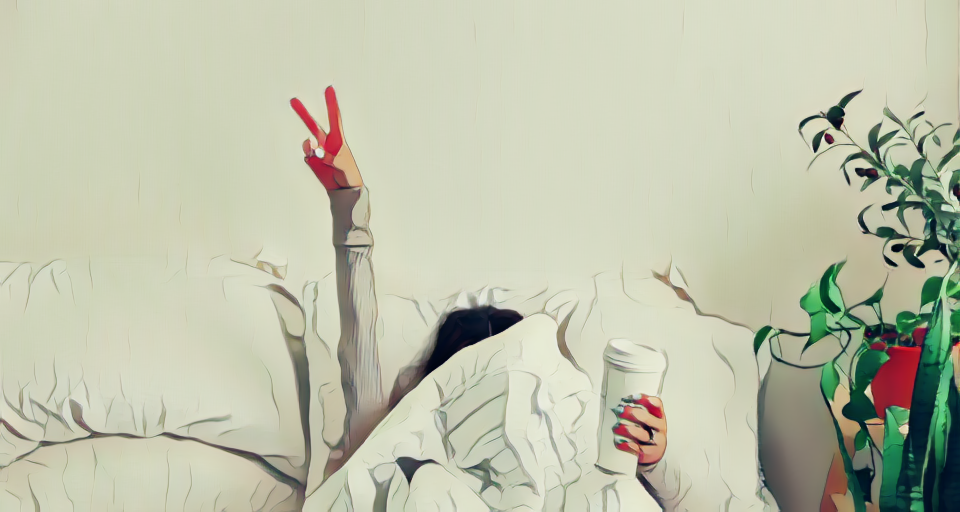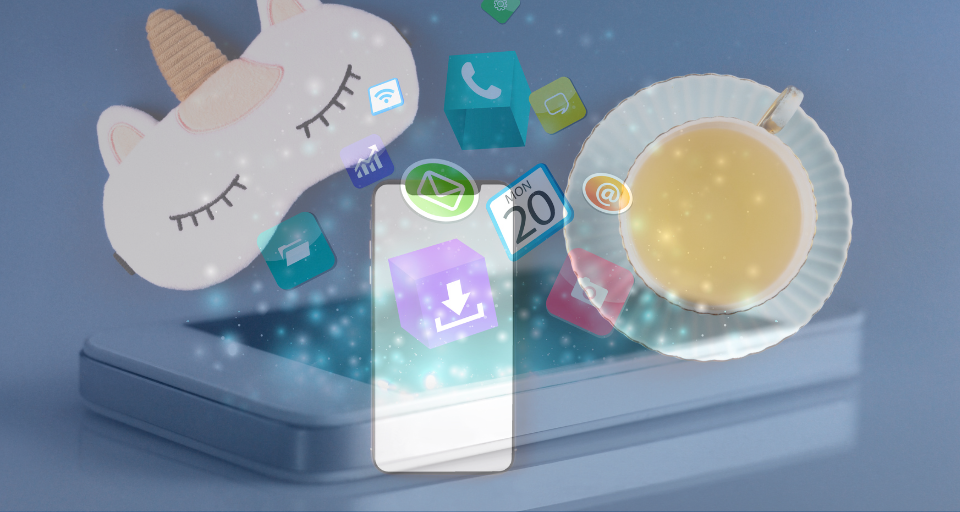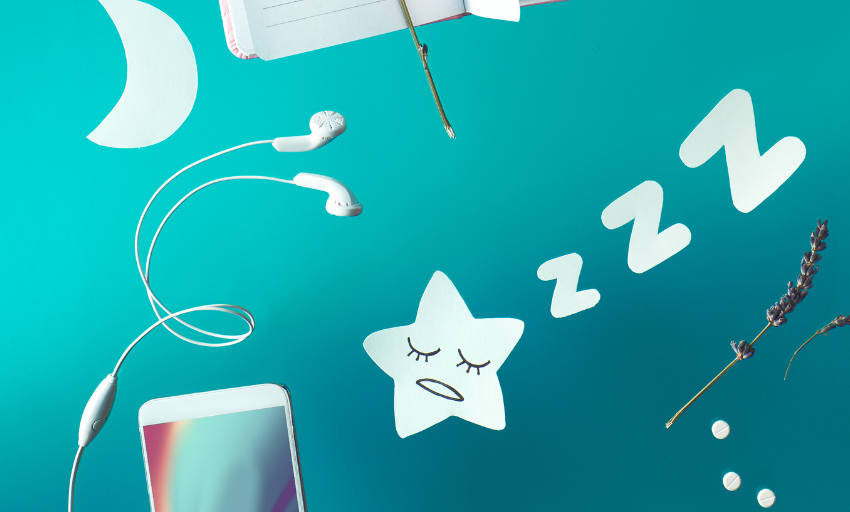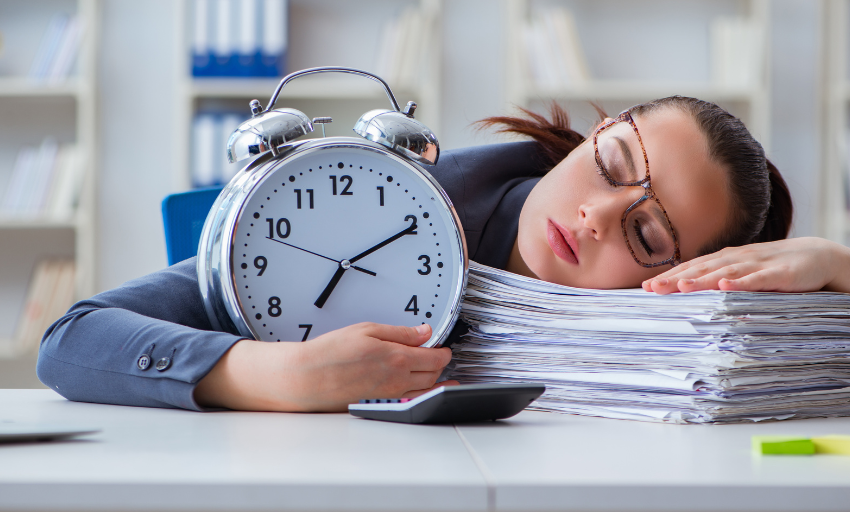Do You Need as Much Sleep as You Feel Like?

Is it true that all people need at least 8 hours of sleep a night? Why then do you feel like sleeping in on your day off? Even… for 12 hours? Or maybe not only you? Or maybe the body knows better than us and sleeps exactly as much as it needs? I will try to deal with all this as usual, evaluating my personal experience.
I believe that each person’s body is individual, and therefore the statement about 8 hours of sleep cannot be suitable for everyone. We are not universal, so I don’t think there can be any requirements or guidelines. Examples of famous people also prove that they all slept a different number of hours. So how do you determine the optimal amount of sleep for you? Very simply – by trusting and listening to your wise body.
The body knows how much it needs to sleep and when
In fact, if we go to bed at 10 p.m. and still can’t get up for work at 7 a.m., then we ideally need to sleep as much as we want. After a while, the body will recover and sleep less. And if you continue to want to sleep, say, for 10 hours, then you have such an organism and this is normal.
Please note that I am talking about the body’s needs here. Yes, we often ignore them, because we need to get up for work or school, walk or drive somewhere, but the fact that the body currently needs more sleep is a fact that we deliberately ignore (and this will have consequences, often imperceptible or indirect, which are difficult to track through cause and effect).
After talking to my friends and acquaintances, I realized that we can all be divided into two groups when it comes to sleep. The group to which I belong likes to sleep longer if it is possible (day off, vacation). The second group of people gets up even on weekends at the same time as usual. That is, 8 hours cannot suit the two groups mentioned above at the same time, which means that 8 hours of sleep is not suitable for everyone.
Sleep duration depends on the state of the body, possible infections and diseases
How much you sleep also depends on the state of your body at the moment. If your body is fighting some kind of disease or infection that you may not be aware of, your body will want to sleep more. It needs it to heal/recover. And this will continue until it is fully recovered. If you use certain herbal supplements to support your immune system, your body can recover faster, and the amount of sleep can return to normal faster.
Even herpes, which is a viral infection in 85% of the world’s population, also affects the general condition of the body and, accordingly, the duration of sleep. It’s just that many people don’t even take this factor into account.
I have an experience from back in 2013 when I quit my morally exhausting and very stressful job at one of the banks and slept for about 16 hours a day for a month and a half. That is, I would go to bed at 9 p.m. and get up the next day at 4 p.m.
At that time, I had (as I later found out) nervous exhaustion, and my first panic attack occurred a little earlier, but we’ll talk about that some day on other my blog dedicated to that. Here I’m just giving one more confirmation that the amount of sleep depends on the body’s condition, the presence/absence of diseases, infectious or other processes, hormonal levels, etc.
Personally, I find that 7-8 hours of sleep is enough for me under ideal conditions. Ideal conditions are when I am doing my favorite thing, i.e., I plan my own schedule, daily routine and tasks. If it was a hard week and there was a lot of sleep deprivation, then I can sleep for 10 or 12 hours for 2-3 days (if possible), and then the sleep pattern really shifts to 7-8 hours a day.
If I have to go to work, do I make an effort to get up?
There is a fair belief that we can easily wake up at any time if we like what we are going to do after waking up. For example, we’re going on vacation, or we’ve launched an online course and want to see how many courses were sold overnight and how much money we made. In other words, we are driven by positivity.
And vice versa. We don’t want to get up because we have to go to work, where there will be more stress than positive emotions. The brain knows this and naturally does not want us to get up and go to a place where there will be stress. Until we either get our dream job or start our own business (depends what we really want), we need to trick our brain. Think of something positive besides work that will allow it to get you out of bed. For example, a morning muffin. Or better yet, a jog, followed by a shower and a morning muffin after as a reward. That is, if you want a muffin, “earn it” by jogging.
You should strive for the kind of work that makes you want to get up every morning just thinking about it. You should like your job. There is no such thing as totally perfect job, so you should strive to ensure that the number of positive things about your job outweighs the number of negative things.
In the transition period between your “dream job” and “working for someone else,” you need to make your current “working for someone else” more attractive in your own eyes. Set a long-term goal of owning your own business, but in the meantime, love something about your current job and go there with a smile. This will help you get up in the morning easier.
Healthy eating – fewer hours of sleep?
It is believed that people who have switched to a raw food diet over time have noticed that they need much fewer hours of sleep than before, while feeling much more energetic.
I can’t personally confirm this in the case of raw food (I’m not a raw foodist), but when I ate a lot of greens, fruits and vegetables, drank fruit and vegetable fresh juices, consumed nuts and dried fruits for a certain long period of time, I really had a very good quality sleep and although I often went to bed around 1 am, I woke up 1-1.5 hours earlier than usual.
However, this experience of mine was not long (about a month), then I mixed different types of food together, went to bed later or earlier, and I can’t say anything specific here. If you check it out yourself, or have already checked it out, don’t be lazy and write about your experience in the comments.
Individuality and common patterns
Our unrestrained society and its public opinion, even in matters of sleep, have tried to bring all people to a common denominator. “Everyone should get 8 hours of sleep,” is how this statement goes. However, we know that this is not true and that all people are different. 8 hours for sleep, 8 hours for work, 8 hours for yourself – everything has already been thought out for us. That is, ideally, we have a third of our lives to ourselves or even less if to count driving time the way to/from work takes.
There are people who sleep for 4 hours or 6 hours a day, and at the same time recover and get enough sleep, create many inventions, bring great ideas and their realization to humanity. There are those who sleep 8-9 hours a day, and some people sleep 10-12 hours and like to take a nap during the day if possible. Well, we are all individuals.
I thought that perhaps, given the average workload of an average “cog in the machine of society”, sleep should really be at least 8 hours, so that the poor body can somehow fight the evil it has to face every day, so that it can feel at least a little bit resourceful.
What “evil” am I referring to? Nervous and exhausting work, deadlines, stress, big city society, overload of information – mostly negative, junk food, psychological imposition of certain “ideals” and “authorities” to strive for, to look up to; struggle with complexes and negative patterns (your own and your loved ones’). Shall I go on?
I think that if a person, if he or she wishes, is sent to work remotely with his or her family somewhere far from civilization, closer to nature, forest, lake, clean air, but with 30-minute access to all the benefits of a big city if necessary, then such a person will eventually need much less than 8 hours of sleep. However, this is my personal opinion and I have not tested it yet. If you have such experience, please write about it in the comments.
Warning: this article does not constitute medical advice. The article contains the author’s personal opinion and personal conclusions and observations. If you have problems with sleep or are interested in other issues related to it, it is better to consult your doctor.








